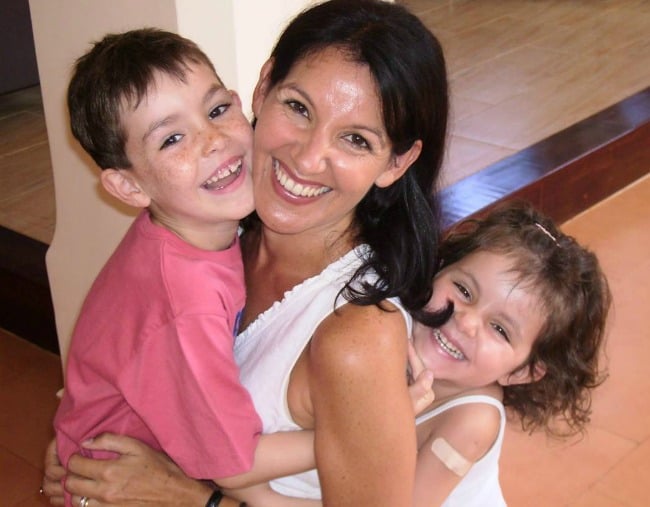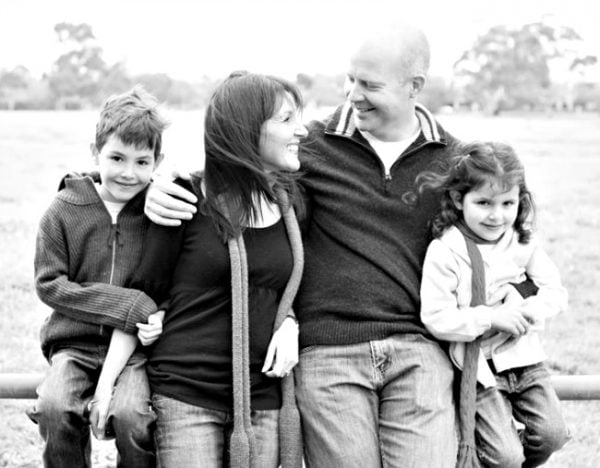
Telling my two young kids that their mum was going to die was the hardest thing I have ever done.
In 2006, as Director at fast moving consumer goods company Unilever, I was moved to Vietnam with my family. My wife, Jodi was a special needs teacher and taught mostly autistic children. We were having the time of our lives in Vietnam. I had just extended my contract from three to four years and was away with my team when I received a call from Jodi complaining of abdominal pain.
She was 39, fit, healthy and with no family history of cancer, so we weren’t particularly concerned at that time. In fact, bowel cancer wasn’t at all on my radar.
The following day Jodi went to the GP, and things escalated quickly from there. Scans were done and by 11PM that night an ambulance turned up at our house.
Jodi was airlifted at low altitude to Bangkok for emergency surgery. The scan showed that Jodi had a tumour in her colon. The specialist was worried that she might burst her bowel if she was to fly at normal altitude as the tumour had almost entirely blocked her bowel. The surgery to remove her tumour went very well but three days after that a specialist told us that the cancer had spread to Jodi’s lymph and liver, she had stage 4 bowel cancer, and at best she had two years to live. Life as we knew it changed forever.



